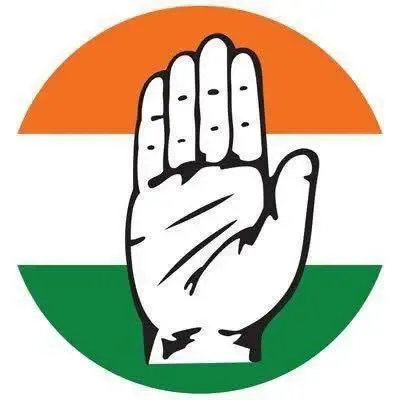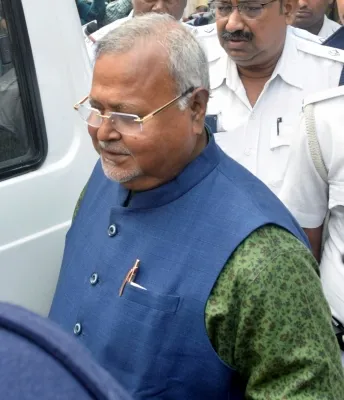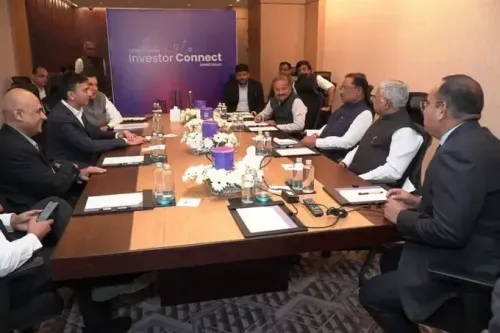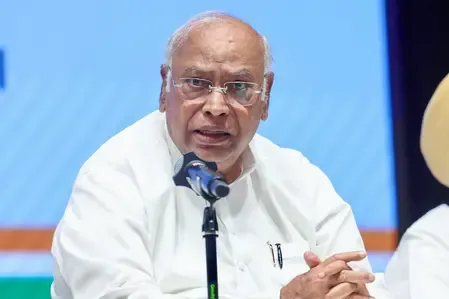Did Maharana Pratap Really Win the Haldighati Battle?
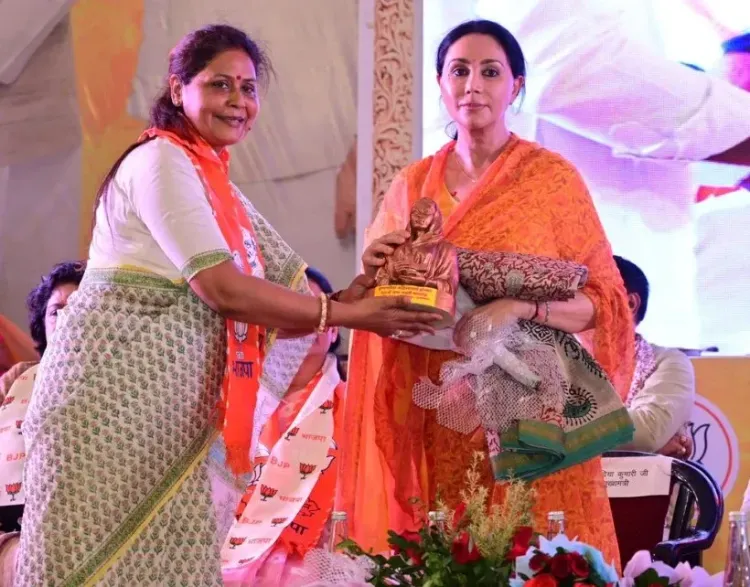
Synopsis
Key Takeaways
- Maharana Pratap's victory is now officially recognized in the plaque at Haldighati.
- Rajasthan's Deputy CM Diya Kumari played a key role in this change.
- The statement raises questions about historical accuracy and interpretation.
- Political narratives often influence perceptions of history.
- Public awareness of historical facts is essential for informed discussions.
Jaipur, May 31 (NationPress) Rajasthan's Deputy Chief Minister Diya Kumari has asserted that Maharana Pratap was the true victor of the renowned Battle of Haldighati in the 16th century against the Mughal Emperor Akbar.
During an event hosted by Veer Shiromani Maharana Pratap Sanstha in Jaipur to celebrate the 485th birth anniversary of the Mewar monarch, she took pride in ensuring that the plaque at Haldighati now accurately represents this interpretation of history.
“Previously, the plaque indicated that Maharana Pratap lost the battle. In 2021, while serving as the Member of Parliament for Rajsamand, I advocated for its amendment through the Ministry of Culture. Today, visitors to Haldighati will see that the inscription declares Maharana Pratap as the winner of the battle. I regard this as my greatest accomplishment as an MP,” Kumari remarked.
She noted that many individuals were unaware of this alteration, prompting her to make the information public.
“Misleading information circulates frequently, and it is crucial to share the truth. I may speak infrequently, but my words hold significance,” she added.
The Deputy Chief Minister further challenged conventional historical narratives, advocating for the revelation of the “genuine and accurate history of Rajasthan,” free from the biases of Mughal or colonial historians.
“The Mughals employed a divide-and-rule tactic, akin to the British. They incited discord among Rajputs and Hindus. Regrettably, some political factions have also propagated such historical interpretations over the years,” she stated.
Kumari’s comments follow a recent controversial statement by Rajasthan Governor Haribhau Bagde, who questioned the authenticity of the marriage between Jodha Bai and Akbar, labeling the widely accepted narrative as “a lie.”
At a gathering in Udaipur, Bagde alleged that a maid’s daughter was wed to Akbar by Raja Bharmal.

